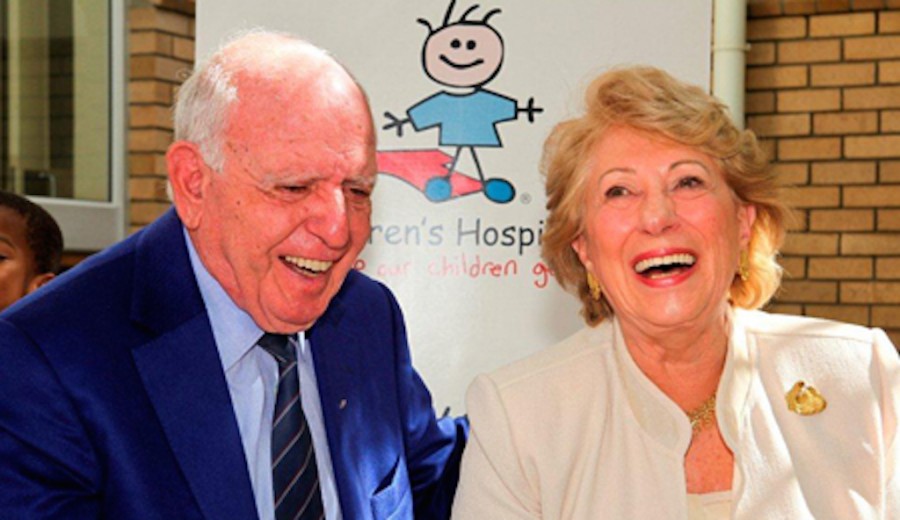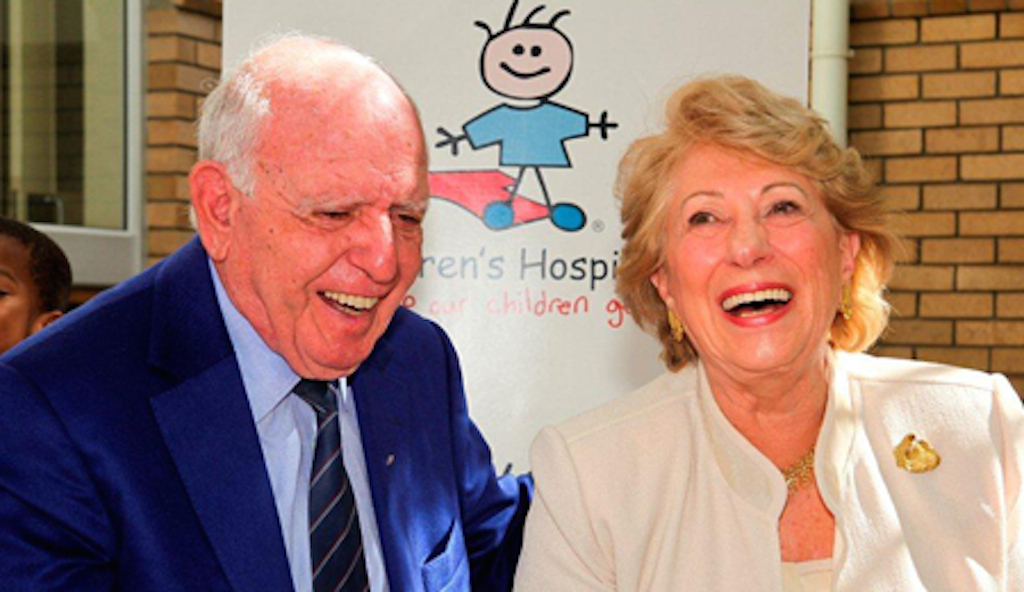
Happy Birthday, Mr Pick n Pay!
Raymond Ackerman, who put what is arguably South Africa’s favourite supermarket on the map after buying three stores in the turbulent 1960s, turns 85 today. Last week, quite coincidentally, a documentary about Ackerman’s life and how he strived to run a fair, non-racial business in apartheid South Africa, “Good Business, The Story of a South African Retail Giant”, […]

Raymond Ackerman, who put what is arguably South Africa’s favourite supermarket on the map after buying three stores in the turbulent 1960s, turns 85 today.
Last week, quite coincidentally, a documentary about Ackerman’s life and how he strived to run a fair, non-racial business in apartheid South Africa, “Good Business, The Story of a South African Retail Giant”, showed at a film festival in Chicago.
Watch the trailer of “Good Business”
According to Wikipedia, the founder of the supermarket chain, now the second-largest in South Africa, was Jack Goldin, who was born in Lithuania but moved to South Africa when the Nazis invaded his town.
Ackerman purchased four Pick ‘n Pay supermarkets (in Cape Town) from Goldin in 1967, the same year Christiaan Barnard performed the first heart transplant at Groote Schuur, for R620,000. In 1973 Ackerman announced the company’s entry into the field of Hypermarkets. The first one opened in 1975 in Boksburg, bringing the concept of “one-stop-shopping” to the South African consumer for the first time. It launched its own no-name brand in 1976. In 1991 it became the official sponsor of the Argus cycle tour.
Ackerman served as executive chairman until his retirement in 2010. His eldest son, Gareth, is the current chairman. The company has grown to 1,200 stores, in six countries with 60,000 employees.
A statement introducing the “Good Business” documentary says, “This story captures how love, compassion, and forgiveness can combine in a successful business model. Raymond Ackerman, with the support of his wife Wendy, ignored the laws of Apartheid to grow an ethical business. While many families fled South Africa under Apartheid, the Ackermans stayed to leverage their own powers for good. They pioneered breakthrough marketing—insuring that food prices would come down to affordable levels. Raymond and his wife built their company based on merit, not the color of one’s skin. “